Precio de Yield Guild Games

Aviso
Información de mercado de Yield Guild Games
Cap. de mercado = Oferta circulante × Último precio

Calculador de YGG


El precio actual de Yield Guild Games en USD
Conversiones populares de Yield Guild Games
| 1 YGG a USD | 0,20200 $ |
| 1 YGG a EUR | 0,17794 € |
| 1 YGG a PHP | 11,3842 ₱ |
| 1 YGG a IDR | 3396,10 Rp |
| 1 YGG a GBP | 0,15144 £ |
| 1 YGG a CAD | 0,28011 $ |
| 1 YGG a AED | 0,74196 AED |
| 1 YGG a VND | 5252,21 ₫ |
Sobre Yield Guild Games (YGG)
- Sitio web oficial
- White paper
- Explorador de bloques
Preguntas frecuentes sobre Yield Guild Games
Los jugadores que forman parte del gremio de Yield Guild Games se benefician del acceso a valiosos activos del juego sin necesidad de realizar un pago inicial significativo. Pueden obtener recompensas en el juego y beneficios de los activos que utilicen, creando una situación beneficiosa tanto para Yield Guild Games como para sus miembros. Además, YGG se expande continuamente a nuevos mercados de juego y desarrolla productos y servicios innovadores para ayudar a los jugadores a ganar aún más dinero. Algunos ejemplos son las plataformas de cultivo de rendimientos y las herramientas de gestión de gremios.
Los jugadores pueden participar en Yield Guild Games formando parte de su red de SubDAO, prestando sus NFT para que otros puedan acceder a los juegos "jugar para ganar" (P2E) y obtener recompensas. Al poner en común recursos y conocimientos, Yield Guild Games ofrece oportunidades a los jugadores para generar ingresos y participar en la creciente economía metaversa, creando nuevas vías para la capacitación económica y la inclusión financiera.
Compra fácilmente tokens YGG en la plataforma de criptomonedas OKX. Los pares de trading disponibles en el terminal de trading al contado OKX son YGG/USDT y YGG/USDC.
También puedes comprar YGG con más de 99 monedas fiat seleccionando la opción "Compra Express". También están disponibles otros tokens criptográficos populares, como Bitcoin (BTC), Ethereum (ETH), Tether (USDT) y USD Coin (USDC).
Además, puedes cambiar tus criptomonedas actuales, como XRP (XRP), Cardano (ADA), Solana (SOL) y Chainlink (LINK), por YGG sin comisiones y sin deslizamiento de precios utilizando OKX Convert.
Para ver los precios estimados de conversión en tiempo real entre monedas fiat, como el USD, EUR, GBP y otras, a YGG, visita la Calculadora del Criptoconversor de OKX. El criptointercambio de alta liquidez de OKX garantiza los mejores precios para tus compras de criptomonedas.
Declaración de GEI
Calculador de YGG













